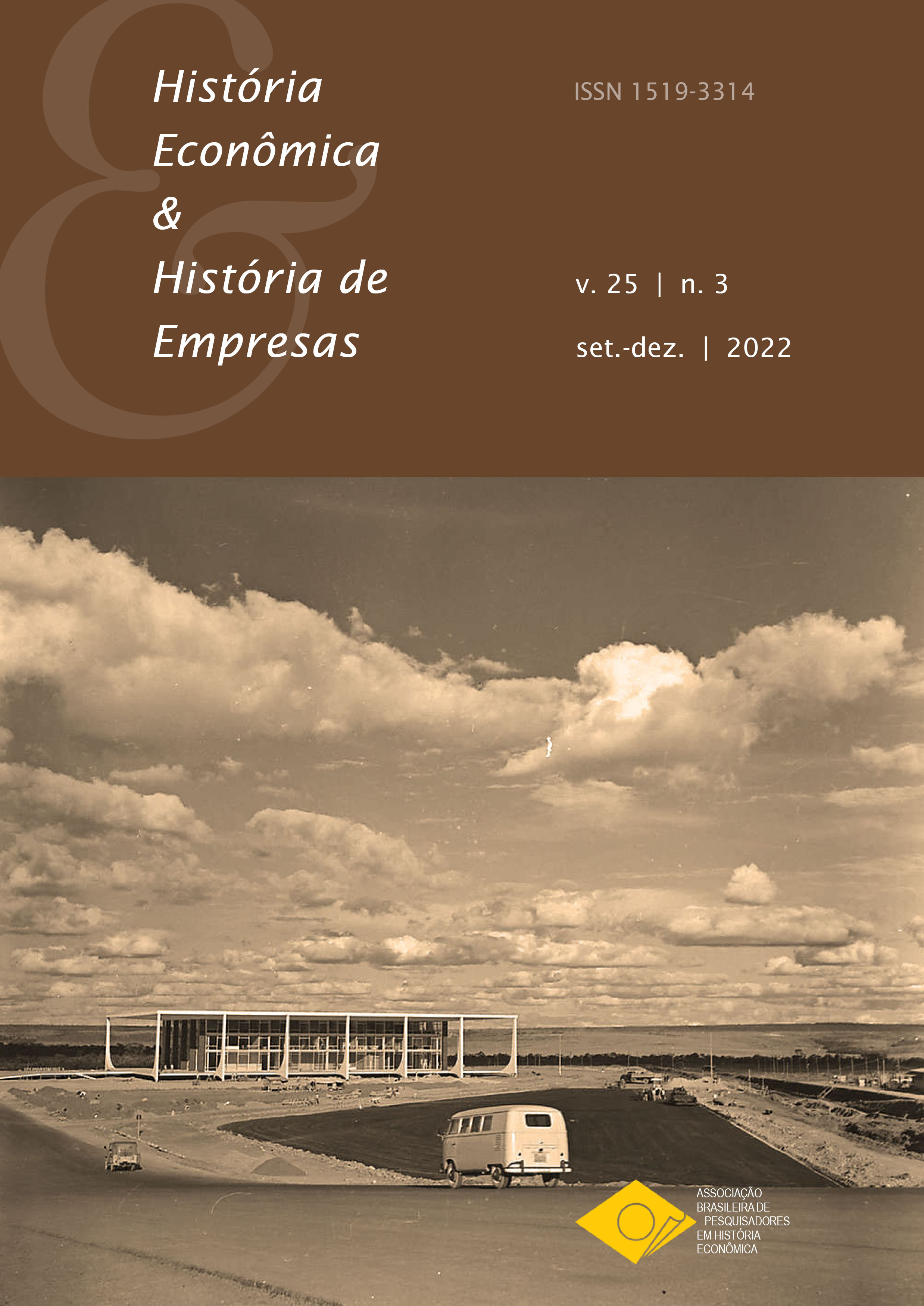Governando “como se fosse própria”: história econômica vista de baixo da Real Fazenda de Santa Cruz (Capitania do Rio de Janeiro, 1760-1783)
DOI:
https://doi.org/10.29182/hehe.v25i3.732Resumen
A Fazenda de Santa Cruz foi o maior empreendimento agropecuário e escravista dos jesuítas na América do Sul. Neste artigo nosso objetivo é mapear e analisar a agência de uma parte dos “de baixo” – escravos, índios, foreiros e intrusos -- em relação ao uso cotidiano dos recursos naturais desta Fazenda, após a expulsão dos padres jesuítas, em 1759. Nossa discussão teórica mobiliza o conceito de economia moral, proposto por Edward Palmer Thompson. Metodologicamente, também seguimos a orientação de Thompson e buscamos recompor os contextos locais, seus agentes, suas histórias e seus dilemas, como única forma de discernir, nas práticas sociais efetivas, os princípios que orientavam o comportamento econômico daqueles grupos sociais e, também, suas formas de resistir aos ditames e projetos vindos de cima. Procuramos comprovar a hipótese de que foi gestado, neste período, um outro projeto para administração e apropriação dos recursos deixados pelos padres, em clara desobediência ao projeto da Coroa portuguesa. Utilizamos como fontes o pedido de devassa aberto pela Rainha de Portugal contra o administrador da Fazenda, em 1783, e uma série de relatórios, visitas e pareceres fornecidos por funcionários do governo português sobre os administradores da Fazenda de Santa Cruz neste período, depositados no Arquivo Nacional e na Biblioteca Nacional do Brasil.
Descargas
Descargas
Publicado
Cómo citar
Número
Sección
Licencia
Os autores mantêm os direitos autorais sobre o trabalho, concedendo à revista apenas o direito de sua primeira publicação. Além disso, têm autorização para assumir contratos adicionais separadamente para a versão do trabalho publicada nesta revista, desde que reconhecida a publicação inicial neste periódico.





